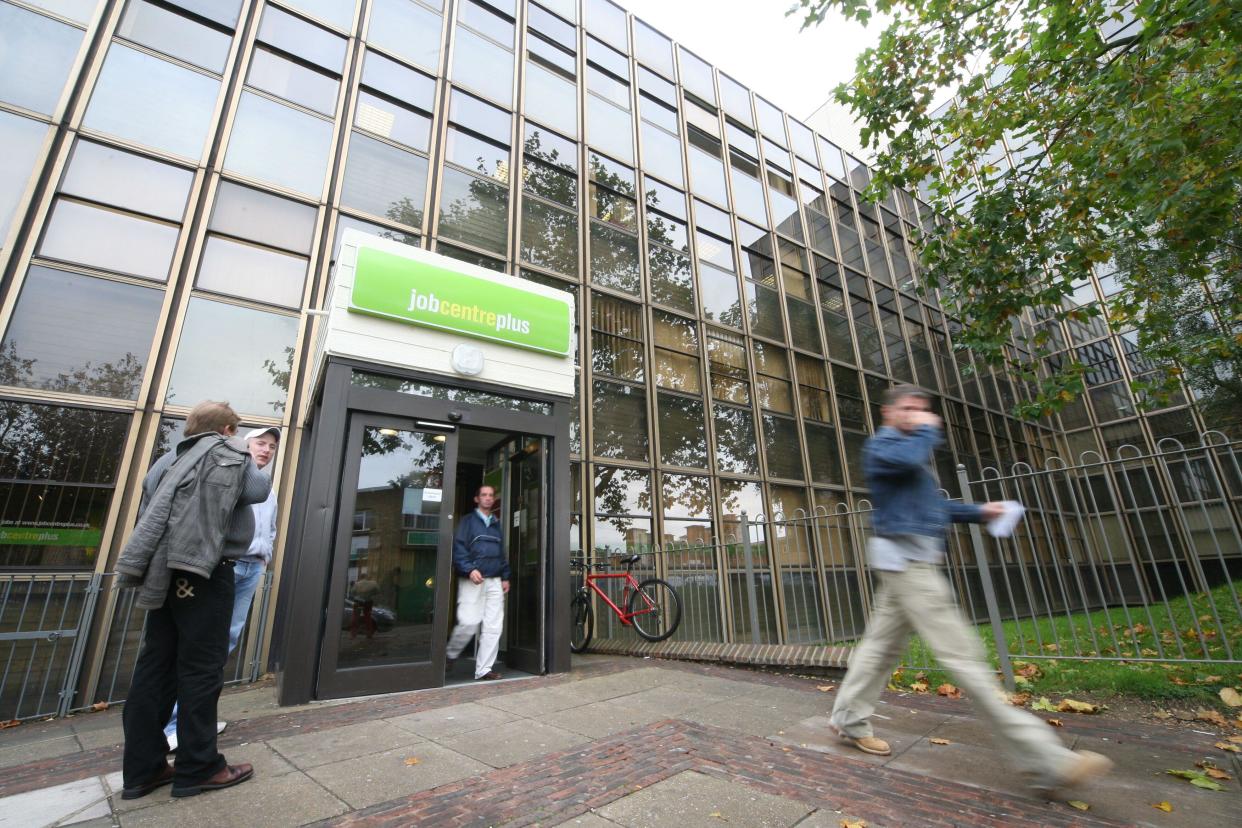Workers on universal credit set to be £3,800 better off under new changes

UK workers who rent are set to be almost £4,000 a year better off as changes to universal credit roll out.
A renting single parent who works 30 hours per week on the national living wage will be nearly £3,800 per year better off in 2024-25 than if they were before, according to a report by the Resolution Foundation.
Universal credit is a monthly payment for people who are on a low income, unemployed or need help with living costs. How much you receive depends on various factors including your age, living situation, employment status, and whether or not you have children.
Read more: Best savings accounts that offer above inflation rates
In his autumn statement, chancellor Jeremy Hunt announced that he would increase the local housing allowance (LHA) from April 2024 for one year. The LHA is the mechanism used to calculate the housing benefit element of universal credit.
Across the 2.7 million families in the private rental sector that are eligible for universal credit, the average gain compared to the old system is £1,200.
Meanwhile, under the government’s New Back to Work Plan, more than 1.1 million people with long-term health conditions, disabilities or long-term unemployment will be pushed to look for and stay in work. Those who don’t will face tougher sanctions.
According to the think-tank, people with disabilities will be the biggest losers of the overhaul. For example, a single person with a long-term disability that prevents them from working will now be £2,800 per year worse off.
While the unemployment rate has fallen from 8.5% in 2011 to 3.8% in 2023, economic inactivity due to poor health is at near-record levels.
The report notes that the number of benefit claimants who are out of work because of ill-health has almost doubled since universal credit was first introduced to reach 2.3 million now.
Other changes include include mandatory work placements, tracking attendance at job interviews and targeted case reviews to stop fraud.
Read more: UK homeowners renting out rooms amid high mortgage rates
Alex Clegg, economist at the Resolution Foundation, predicts that the winners of the next election will govern ‘universal credit Britain’.
“Whoever wins the next election will be governing a ‘universal credit Britain’, with seven million families eventually receiving the new benefit. It is vital that they understand both the system they will inherit and the population that relies on its support,” he said.
“Compared to the old system, universal credit offers greater support for renters and stronger incentives to enter work. But its original design did not anticipate there being over two million claimants with poor health or disabilities.
"Alongside efforts from the NHS, education, and labour market policy to address the drivers of ill-health, UC [universal credit] will need to change to tackle Britain’s new challenge of long-term sickness,” he added.
Watch: DWP Universal Credit rules every claimant must follow: All you need to know
Download the Yahoo Finance app, available for Apple and Android.

